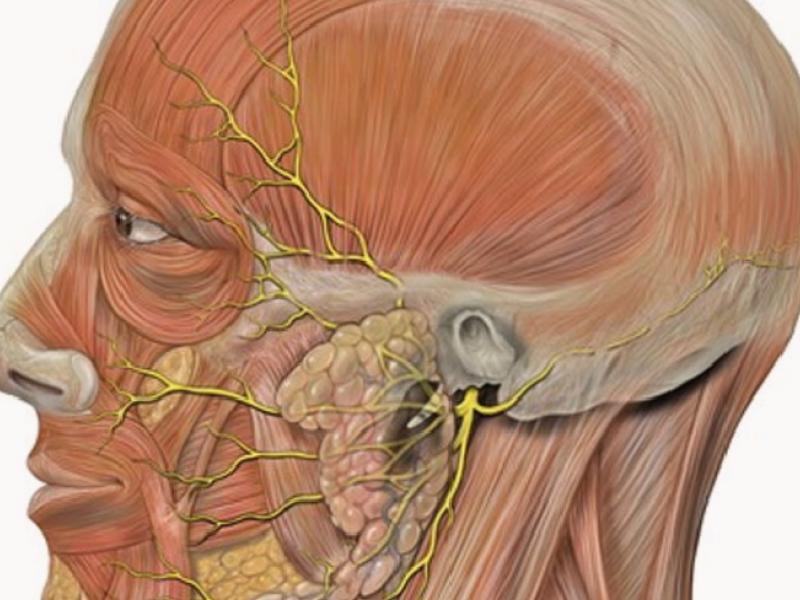(FACIAL PARLIAMENT IS AN EMERGENCY. IF IT IS, CONSULT YOUR DOCTOR ASAP)
The most valuable element of the connection between people is face-to-face contact. Our faces and gestures are the most valuable tools in conveying our feelings to the other person. Coordinated movements of more than 20 facial muscles are necessary for the formation of our facial expressions. The border that stimulates our facial muscles is the facial (fascial) nerve. Excitations from the muscle adaptation center in the brain leave the brain and enter the inner ear canal. It is to send a warning to the muscles by spreading to the facial muscles from the corner of the ear and the chin after a curved course in its own bone canal in the middle ear cavity.
Facial paralysis is a partial or total movement disorder in the facial muscles. It is a clinical condition that deteriorates the quality of life both aesthetically and medically. The inability to use gestures due to the inability of the muscles to work properly, the dryness that is admired as a result of the inability to close the eye completely due to the paralysis of the eye muscle leads to the complaints of infection, difficulties in eating and drinking due to the dysfunction of the lip muscles, and nasal congestion due to the dysfunction of the nasal muscles.
Although it is quite easy to diagnose, it is very valuable to find out which disease causes this clinic, that is, to make a differential diagnosis. Because if it is not treated on time and truthfully, permanent facial paralysis may develop.
One of the important points is the distinction between whether facial paralysis is peripheral or central. It should be kept in mind that it may be an early sign of central, that is, brain-derived diseases.
Peripheral facial paralysis can occur acutely for many reasons. Many of these reasons are ENT emergencies. So it should be treated immediately.
Causes of peripheral facial paralysis
-
Idiopathic Bell’s palsy (cause unknown) (Most common cause)
-
Congenital (nerve development disorder)
-
Infections
-
viral infections
-
acute middle ear infections
-
Chronic middle ear and outer ear infections
-
Middle ear infections with cholesteatoma
-
Trauma
-
tumoral diseases
-
neurological diseases
-
metabolic diseases
Another valuable reason is; It is a complication of middle ear infections. This situation is also an emergency and in some cases, emergency surgical treatment may be required.

